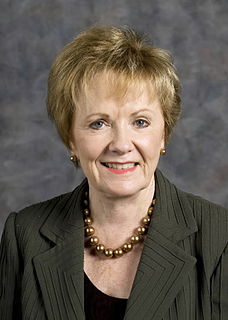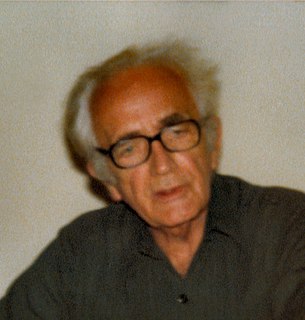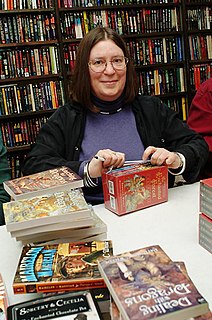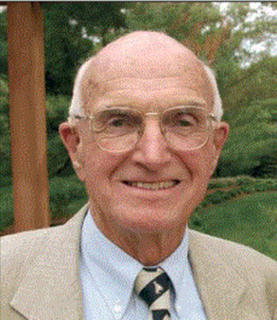A Quote by Mustafa Kemal Ataturk
My people are going to learn the principles of democracy, the dictates of truth and the teachings of science. Superstition must go.
Related Quotes
I have no religion, and at times I wish all religions at the bottom of the sea. He is a weak ruler who needs religion to uphold his government; it is as if he would catch his people in a trap. My people are going to learn the principles of democracy, the dictates of truth and the teachings of science. Superstition must go. Let them worship as they will; every man can follow his own conscience, provided it does not interfere with sane reason or bid him against the liberty of his fellow-men.
You must drop all your democracy. You must not believe in ''the people.'' One class is no better than another. It must be a case of Wisdom, or Truth. Let the working classes be working classes. That is the truth. There must be an aristocracy of people who have wisdom, and there must be a Ruler: a Kaiser: no Presidents and democracies.
In science, every question answered leads to 10 more. I love that science can never, ever be finished. From a young age, people think, 'Science is hard and boring.' We don't tell children, 'Yes, you have to learn these formulae and theorems, but then you go on to learn about nuclear reactions and stars.'
The new American dream is one of responsibility. What is the bottom-line number that you're going to be able to pay back toward a student loan responsibly if you're doing it yourself after you have a job? That dictates the amount of money you can borrow. That dictates the school you can go to, if you can even go to a four-year college at all.
What is superstition , but misguided, unobjective science? And when it comes down to that, is it to be wondered if people grasp at superstition in this rotten, hate-filled, half-doomed world of today? Lord knows, I'd welcome the blackest of black magic, if it could do anything to stave off the atom bomb.
This is the most important lesson you must learn about magic," Miss Ochiba went on. "There are many ways of seeing. Each has an element of truth, but none is the whole truth. If you limit yourselves to one way of seeing, one truth, you will limit your power. You will also place limits on the kinds of spells you can cast, as well as their strength. To be a good magician, you must see in many ways. You must be flexible. You must be willing to learn from different sources. And you must always remember that the truths you see are incomplete.
No doubt science cannot admit of compromises, and can only bring out the complete truth. Hence there must be controversy, and the strife may be, and sometimes must be, sharp. But must it even then be personal? Does it help science to attack the man as well as the statement? On the contrary, has not science the noble privilege of carrying on its controversies without personal quarrels?
Is the Church inimical to science? Growing up as a Catholic and a scientist - I don't see it. One truth is revealed truth, the other is scientific truth. If you really believe that creation is good, there can be no harm in studying science. The more we learn about creation - the way it emerged - it just adds to the glory of God. Personally, I've never seen a conflict.








































